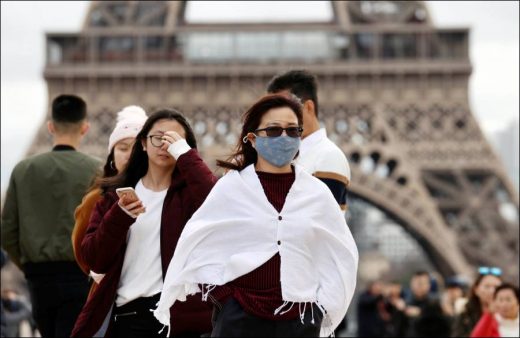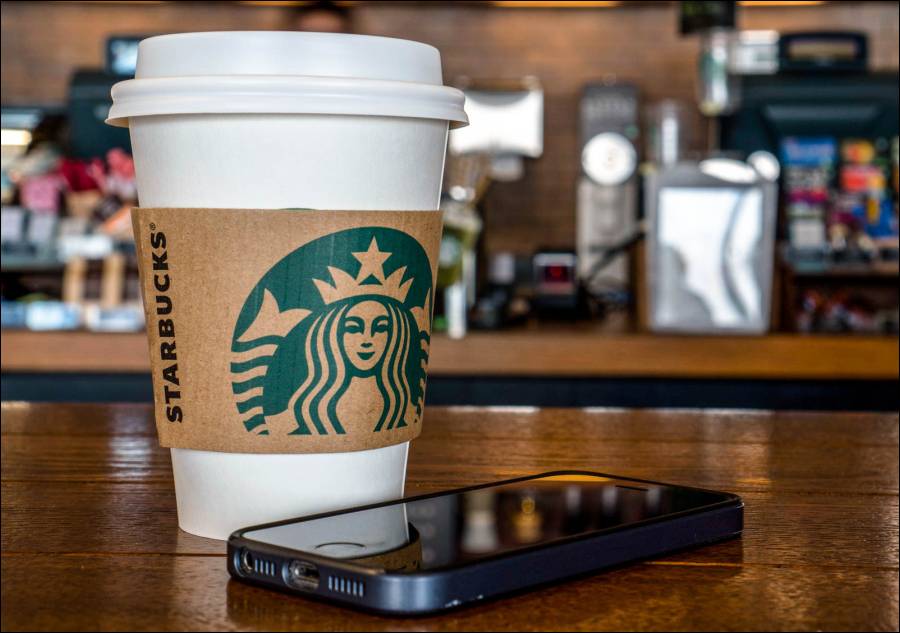The claim: Sunlight kills the new coronavirus
Coronavirus and sunlight. An article on a holistic health blog that has been circulating Facebook tells people to go outside to prevent catching the new coronavirus because sunlight kills it.
“In my opinion, keeping the beaches closed and having people quarantined inside their homes is a bad decision. Getting more sunshine is a proactive step we can all take at protecting ourselves from the current coronavirus outbreak,” wrote David Friedman, the author of the blog post. “Instead of staying quarantined inside your house, go outside on your back deck and soak up some virus destroying sunshine!”
The claim has been shared elsewhere. Similar posts of graphics offering tips have spread throughout social media. Rep. Greg Murphy, a Republican who represents North Carolina’s 3rd Congressional District, referenced the claim in a March video posted on his Twitter account. Murphy, a physician who worked in urology and renal transplantation, in the video stands in scrubs in front of a large white board and shares tips to prevent the spread of the coronavirus. One of the items on the list is “Sunlight (UV light) can kill the virus.”
The claim also appeared in the Thai newspaper Komchadluek in March. The article listed UV light as one of seven “things that COVID-19 is afraid of.” AFP Fact Check reported the article was shared in a Thai-language health group on Facebook with more than 6,000 followers and posted on social media multiple times, eventually translated into English and Spanish.
What experts say: The sun’s UV light cannot kill the coronavirus and concentrated UV light should not be used to kill the virus.
The claim has been shared widely on the internet, but it holds little truth. Experts have advised against using concentrated UV light to prevent or treat the coronavirus and do not recommend going in the sunlight to kill the virus.
Only levels of concentration of UV light much higher than what is found in sunlight can kill viruses, the experts note, and the levels that are able to kill viruses can cause irritation to human skin and should be avoided.
Pokrath Hansasuta, assistant professor of virology at Chulalongkorn University, explained what happens to AFP Fact Check.
“Ultraviolet is able to kill COVID-19 if it is exposed to the concentrated UV ray in a certain amount of time and distance,” she said to AFP Fact Check. “However, that level of UV exposure is harmful to human’s skin. Most likely, it will be in the light bulb or lamp as the natural UV from the sun is not strong enough to kill it.
The World Health Organization agrees. The agency created a graphic as part of a series of myth-busters about the coronavirus that tells the public not to use UV light to kill the virus.
“UV lamps should not be used to sterilize hands or other areas of skin as UV radiation can cause skin irritation,” the graphic reads.
Neither sunlight or UV light is listed as a preventative measure on the websites of the WHO or the U.S. Centers for Disease Control and Prevention.
There is some evidence to suggest the spread of the virus may slow down as the weather gets warmer. That may be leading some to incorrectly suggest sunlight as a tip to stay healthy.
TIME Magazine reported on new research that has not yet been peer-reviewed. That research suggested the possibility of a connection between heat and the rate of the spread of the coronavirus, but experts have concluded that the research is still early and not definitive.
Nancy Messionnier, director of the CDC’s Center for the National Center for Immunization and Respiratory Diseases, said in a February NPR interview it remains unclear how the coronavirus will react to heat or sunlight.
“I think it’s premature to assume that,” Messionnier told NPR. “We haven’t been through even a single year with this pathogen.”
Visits: 83



